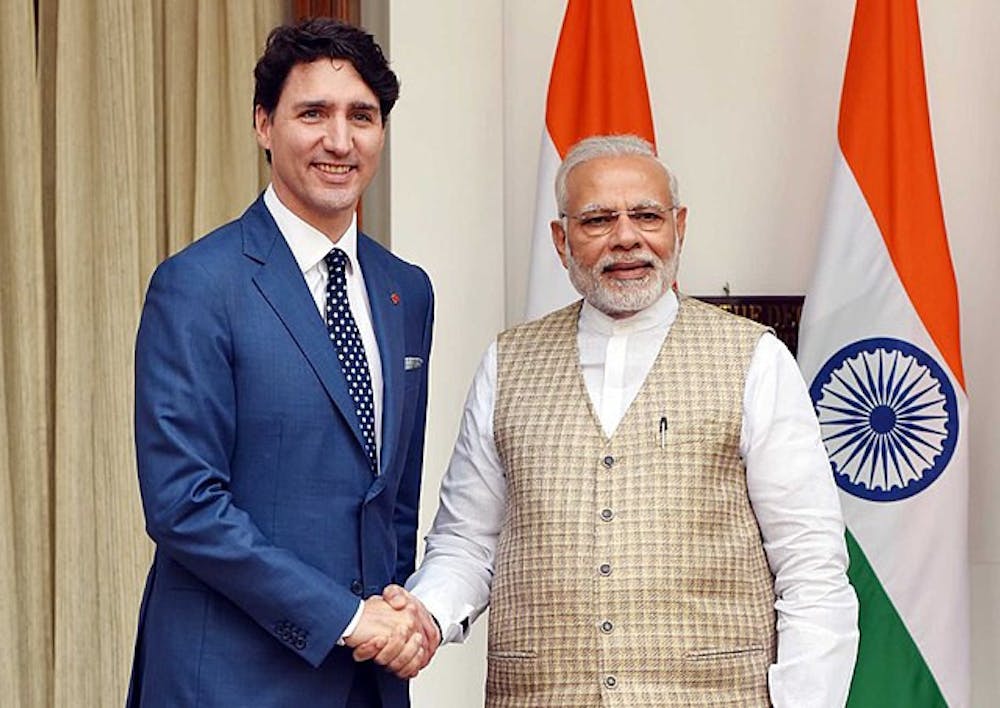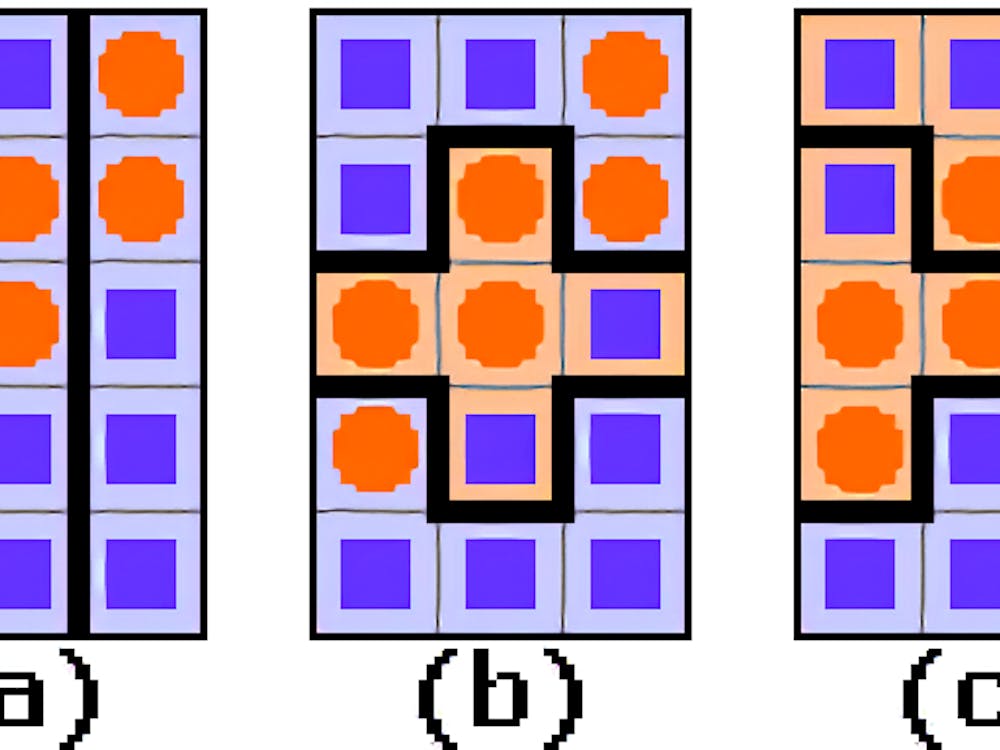India-Canada tensions have crescendoed to a peak over the past few months, a trend initiated by the assassination of Hardeep Singh Nijjar, an Indian-born Canadian leader of the Sikh separatist movement. Canadian officials intercepted communications from Indian diplomats that seemed to confirm India’s involvement in the assassination. Canadian Prime Minister Justin Trudeau brought up the issue with Indian Prime Minister Narendra Modi at the Group of 20 Summit, and India retaliated aggressively against the accusations. Tensions continued to escalate as both countries expelled diplomats from the other.
Despite the current state of tension between the two countries, it is important to both of their interests that India and Canada maintain diplomatic relations.
Maintaining diplomatic relations is in the economic interest of both countries. Historically, India is known for its protective trade policy and has demonstrated an unwillingness to join international trade groups. However, the tides have changed in recent months, especially in the emerging Early Progress Trade Agreement (EPTA) between India and Canada, a step toward the final Comprehensive Economic Partnership Agreement (CEPA) the two countries wish to enter.
Despite the ongoing investigation and the halting of trade talks, Canada has much to gain from the EPTA because access to India’s rapidly growing economy will only boost its Indo-Pacific Strategy. The CEPA could boost two-way trade between the countries by up to $6.5 billion dollars. The financial benefit alone emphasizes the importance of the two nations maintaining a steady relationship.
India’s economy will benefit greatly from a strengthened relationship with Canada through the EPTA, but diplomatically, the deal may also inspire new economic partnerships with the U.S., endowing India with the benefits of international cooperation. The EPTA benefits the U.S. by providing India with the economic strength to eventually outgrow China’s massive economy and ultimately curb China’s influence in South Asia.
Given the U.S.’s tenuous relationship with China, the EPTA is in their immediate interest. The EPTA holds economic and diplomatic benefits for Canada and the United States, and they should go forward with the deal despite India’s involvement in the assassination.
India’s perception of Sikh activism is flawed, informed almost entirely by historical conflict and unadapted to modern developments. The animosity of India toward Sikhs is a decades-old conflict, escalating with Operation Blue Star and the retaliatory assassination of Indian Prime Minister Indira Gandhi, but it lacks a reasonable motivator to continue into the 21st century.
The Canadian citizen assassinated, Nijjar, was designated a terrorist by the Indian government, who alleged that he was affiliated with the militant Sikh separatist groups. Though Nijjar was heavily associated with multiple Sikh separatist groups, including Sikhs for Justice (SFJ), his involvement in the Khalistan movement was not identified as violent or terrorist by Canada. Despite their peaceful mission in favor of a Sikh ethnostate, India has wrongly argued that SFJ ought to be designated a terrorist organization.
On a practical level, the Indian government has little to no authority over active protesting groups in other nations until their movements enter the borders of the Indian government. The government cannot and should not attempt to respond to protests and movements for Khalistan in another country. Nonviolent assembly is a freedom endowed to all citizens in Canada, and India’s dissent from the tenets of the Khalistan movement is not sufficient cause for aggressive diplomatic retaliation. India continues to perceive the Sikh separatist movement as a threat, yet it’s estimated that Sikh separatists account for only around 25% of the population of the Sikh Diaspora.
The Sikh separatist movement has some power within India itself, but its influence abroad is highly diluted; India’s response to the situation at hand is a gross overreaction with negative diplomatic implications. India must set aside its pride in the face of the financial and diplomatic impacts of its deal with Canada, and both nations must work to strengthen their mutually beneficial partnership over the next few years.
Shreya Tiwari is a freshman from Austin, Texas majoring in Biomedical Engineering.





